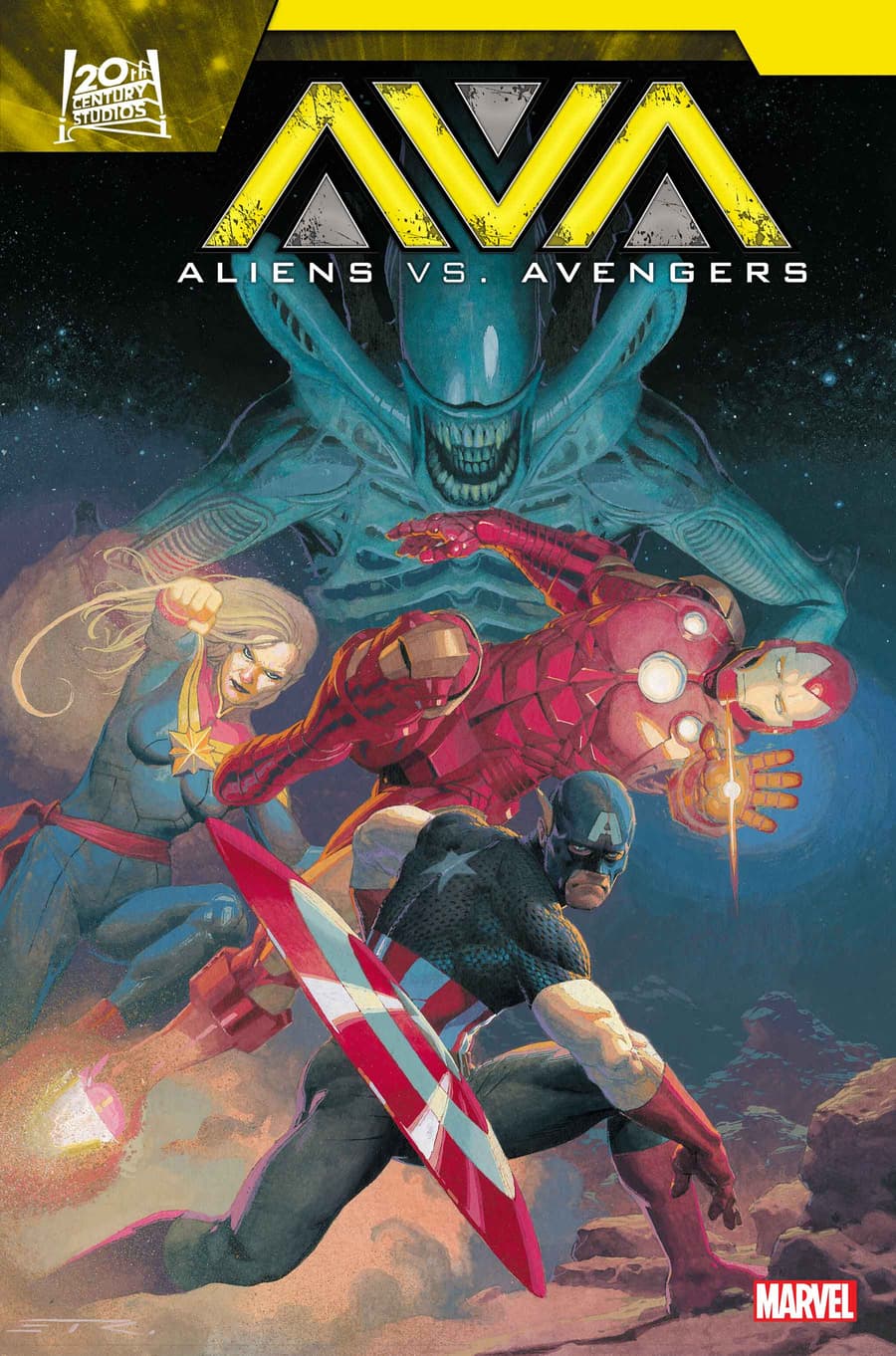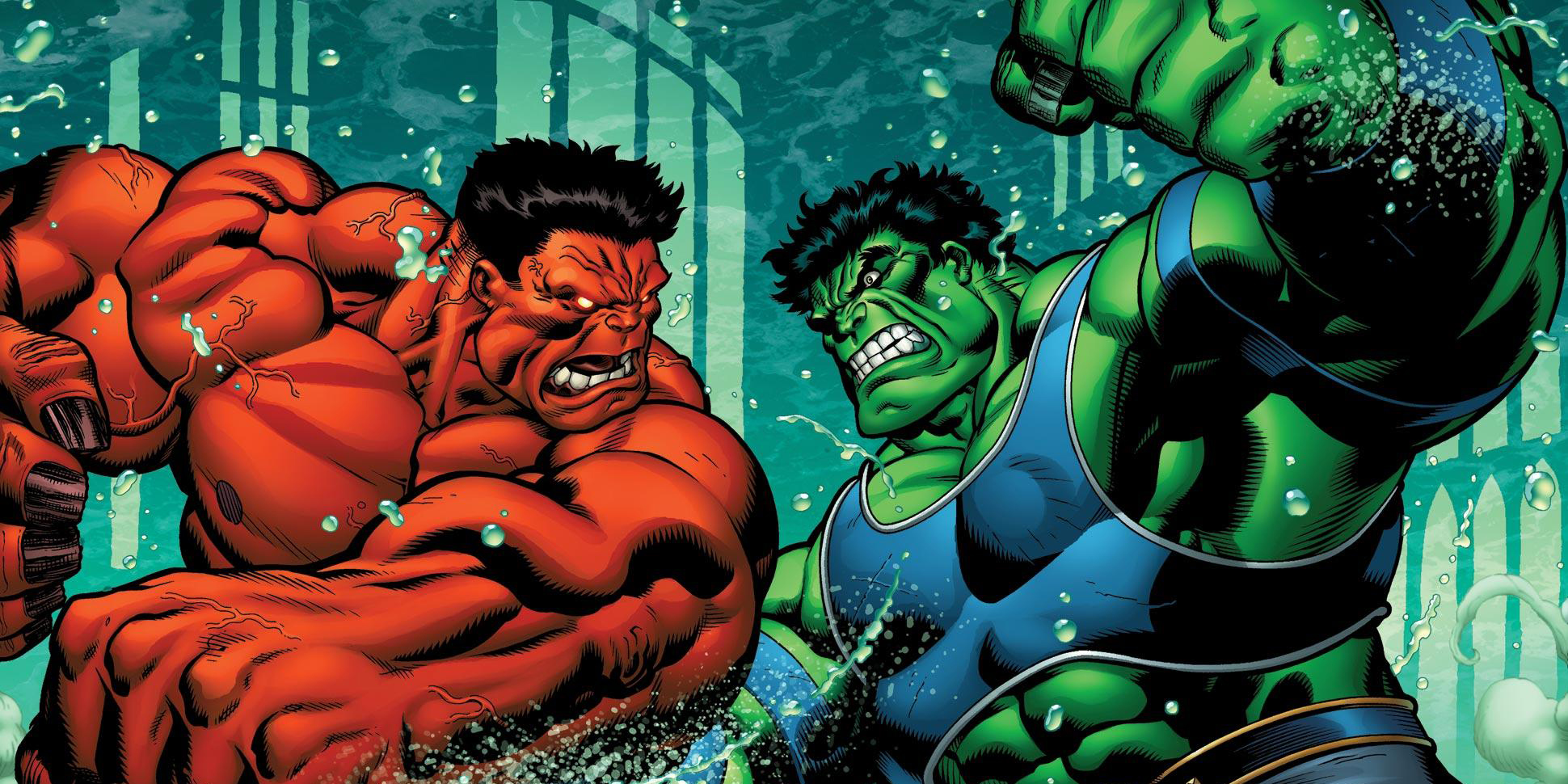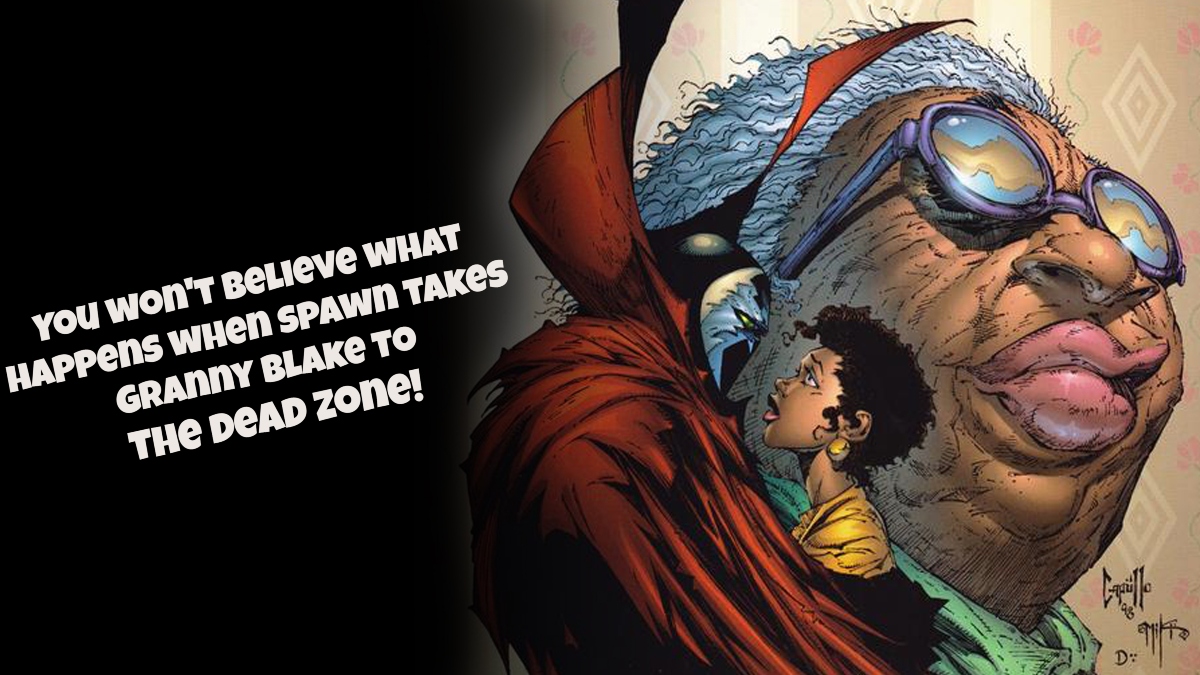![]()
Actor David Oyelowo has been impressing people with his skilled performances on stage and screen for quite a number of years, but his portrayal of Martin Luther King, Jr. in Ava Duvernay’s Selma certainly turned a lot more heads and made him much better known.
That increased popularity for his acting has helped Oyelowo get films like A United Kingdom made.
Directed by Amma Asante (Belle), Oyelowo plays Seretse Khama, the future king of the African nation of Botswana, who while attending college in England during the ‘40s, falls in love with Ruth Williams (Rosamund Pike), a working class British woman, only for them to learn that their interracial love wouldn’t be accepted by either of their countries. On returning home to be inaugurated, the obstacles become clearer as Seretse’s regent uncle and various British politicos want to separate him from Ruth even after they’ve been married.
It shows a moment from British and African history that very few people will know about since the plight of a small African country like Botswana is probably not on a lot of Westerners’ radars, but more than anything, it’s a love story between two individuals, and Owelowo and Pike are terrific on screen together, having previously appeared in Tom Cruise’s Jack Reacher.
LRM spoke with David Oyelowo at the New York junket for the film over this past weekend.
LRM: I remember speaking to you and Rosamund for “Jack Reacher†years ago, and you two were so great together. I’m not sure how Amma knew about that and how you ended up in another movie together, but it was obviously a good idea to reunite the two of you.
David Oyelowo: Well, yeah, I’m the one who reached out to Rosamund in the hope that she would want to do this. I happened upon the story in 2010. A producer I was working with at the time had the rights to this book “Colour Bar†which was about Ruth Williams and Seretse Khama. I just couldn’t believe that I didn’t know about this story, and we set about trying to get the movie made, so in the intervening years, people I’d worked with who I really enjoyed working with, we bit by bit corralled them to come and do the movie. So (screenwriter) Guy Hibbert was a guy I’d done a film called Blood and Oil with, and another film called Complicit. Obviously, Rosamund and I had done Jack Reacher together, so I approached her about this, and Amma, I had done a TV show that she had written 19 years ago. It was one of my first jobs out of drama school, so I approached her about directing it. But yes, I had always been a fan of Rosamund’s, and enjoyed working with her, even though it was more peripherally in Jack Reacher, so that’s how that came about.
LRM: I didn’t really know much about Amma before I saw “Belle.†That was a huge breakout for her, and I had no idea that she had this whole acting career beforehand. I just thought she was this 20-something newcomer yet she had this whole career in England that we never knew about.
Oyelowo: Like you say, she was a child actor and then a writer, and it wasn’t actually until Belle that I was aware that she had directorial aspirations. I thought she did such a great job with that film, especially with regards to juggling the love story in that film and the political backdrop of that film, because that was one of the challenges we had with this, which was to make sure that it was indeed a love story, as opposed to something that just felt politically dense, and therefore, maybe less appealing to an audience.
![]()
LRM: A lot of things happen in Africa, as the continent has a vast history, but very few people make movies about those stories, and there’s a lot we don’t know about until someone writes a book or makes a movie. Even “Hotel Rwanda†was eye-opening for a lot of people who didn’t realize that was going on.
Oyelowo: Yeah, and then the films that do get made, often they’re from an outsider’s perspective—either the director or there’s a Western character in there. It’s their perspective on an African narrative. This is one of the rare films—Queen of Katwe being another—that is told from an insider perspective, which is also one of the reasons I was very keen on Amma to direct it. Even though, like me, she was born in the UK, she’s of African descent, and for a film that traverses both Africa and the UK, I just felt you wanted someone who had more of a balanced experience with both places, so that it’s not what we’ve normally seen, which is more of a concentration on the white characters, the characters who are from elsewhere, as opposed to the characters who are indeed indigenous to Africa.
LRM: It’s interesting to do this after “Queen of Katwe†because I think in both cases, you really immersed yourself in the culture and the traditions, so how do you prepare to do that?
Oyelowo: It’s no different from any other film you do, especially that has a historical context. I mean, Queen of Katwe, in its own way, the events being depicted happened quite recently, but it’s still a true-life story, and so you do your work, you do your preparation. As someone who is very keen to make people aware that Africa is not a country, it’s a continent, you want to be very specific about what life in Uganda is, as opposed to what life in Botswana was 70 years ago. In the same way that you wouldn’t just regardless of whether a film is shot or set in Detroit, just have it look and sound like L.A., and not care about the specificity. That’s all part of the work that of course, we must and did do.
LRM: What was amazing about “Queen of Katwe†was at the very end when we see all the real people, so you had a chance to see that movie with the real people. As far as “A United Kingdom†I’m not sure if there are descendants or people from the family who were able to see the movie?
Oyelowo: Yeah, yeah, in fact one of the most amazing episodes for us was when… ‘cause Ruth and Seretse’s son is the current President of Botswana, and he came to visit the set announced. We just heard this helicopter, and it landed on our set, and he stepped out, having flown himself. Came and sat down next to me behind the monitor and watched Rosamund doing a scene, and then during the scene, turned to me and said, “I never thought I would see my parents again.†To get that kind of seal of approval from their son, who just happens to be the current President as well, was really amazing. Last year was the 50th anniversary of Botswana’s independence, so the film was a big part of the celebrations there.
LRM: Did you actually shoot a lot in Africa?
Oyelowo: Oh, yeah. We shot everything… the African portion of it was all shot in Botswana, literally at some of the places where the events took place. Ruth and Seretse’s house is the actual house that they lived in and where Rosamund gives birth to one of their children was the actual hospital where Seretse was born.
![]()
LRM: What’s it like working with Amma as a director on a movie like this as opposed to when you were younger?
Oyelowo: Of course in the intervening years, she’s matured immensely as an artist. What I really enjoyed about working with her on this is that, like me, she has a very specific perspective on being British and also, being of African descent. There are not enough voices that are getting a platform to tell stories who have that as their specific experience, and they’re amazing stories to be told. Belle, of course, isa reflection of a perspective she’s aware of, being a black woman growing up in the UK, and this is another one she has a very comprehensive experiential, cultural experience of, because she knows both worlds. For me, it was just really great getting to work with a kindred spirit, who understood the version of this story that we wanted to tell and the version of the story that we very rarely get to see.
LRM: The UK isn’t painted in a very nice light with this movie because of the Jack Davenport character and their involvement in South Africa and what became Apartheid, and as a British person, how do you feel about that and how has the reaction been in England? Has anyone there seen it yet?
Oyelowo: Well, the British government behaved deplorably, so you’ve got to show that, and partly why a story like this is so little known is because the British government behaved deplorably. This kind of history can often get buried in a bid to accentuate the positive sides of any given country and hide the negative. We would be doing this story short-shrift if we didn’t show that. Churchill made them promise… and lied, but you have great individuals that helped them, like Tony Benn, who you see in the film, and you see a white British woman in the shape of Ruth Williams, who didn’t have the prejudice that some of society had. So I would argue that it’s not about what I often get when trying to make these kinds of films of “Oh, we don’t want white guilt. We don’t want everybody feeling bad about themselves.†So what are going to do? Pretend these things didn’t happen? Pretend there haven’t been challenges for black people in the UK or America? No! We have to show that in the hope that we can be better going forward, and I have found—certainly no one to my face say, “Oh, no. You made us look bad†or anything like that, because it’s undeniable. All you have to do is go and look at the history books to see that we’re not lying about what actually happened.
LRM: It’s a part of history that’s been fairly well hidden…
Oyelowo: Absolutely.
LRM: You’ve been doing some interesting things lately. First of all, you worked with director Nash Edgerton. I loved his previous movie “The Square†and been dying for him to do something new, so what was that like doing that movie?
Oyelowo: Amazing. Amazing. Even though I love doing films like A United Kingdom and Selma and Queen of Katwe, it’s great to go and do a fantastic, fun action-comedy, which is what that film with Nash is, with great, great actors, and with me being far less honorable than you’ve seen me in other movies.
LRM: You do tend to play a lot of nice guys with Martin Luther King Jr. being one of the best, but you must like being able to branch out and do different things like that.
Oyelowo: Yeah, of course, and in earlier parts of my career that are less prominent and less well known, that has often been the case, but I think the path towards a long career as an actor is to mix things up. You don’t want to get pigeon-holed or typecast in a certain kind of role. When Nash’s film comes out, people will hopefully and definitely see a different side of me.
![]()
LRM: You also provided your voice for a character on “Star Wars: Rebels†so was that the first time you’d done that?
Oyelowo: No, I’ve done a few, but that’s probably the most prominent that I’ve done, but you’re never going to get more Brownie points with your kids than if you’re voicing a Star Wars character, so yeah, I have fun doing that.
LRM: Do you think that character might make a transition to the movies like Forest Whitaker’s character in “Rogue One†ended up in the cartoons?
Oyelowo: Right, right… who knows? Who knows? I would take their call if they made it, shall we say.
LRM: I’m not sure if you can say anything about “God Particle†which is another one of JJ Abrams’ crazy “Cloverfield†movies, although at least in this case they revealed it much earlier than the last one. What’s that been like? Are you done shooting that?
Oyelowo: Yeah, we’re done shooting that now and that comes out in October. It was an amazing experience. Julius Onah, who directed it, is a wonderfully exciting new director, and JJ Abrams producing, it very much has his cinematic brain as an influence on it as well. What I loved about doing that film is that it was a high concept movie with a brain, and we, as actor, really got to dig our teeth into some meaty stuff. I had an experience doing it.
LRM: I hope he’ll continue doing those as I like the science fiction “Twilight Zone†aspect of those movies. Do you think you’ll do more with Ava Duvernay, too? You two had a pretty good run.
Oyelowo: Oh, yeah, yeah, yeah. We’re both so upset that I’ve missed out on A Wrinkle in Time, because I was doing a play here in New York, so I couldn’t that, but I think we’ve vowed to not let that happen again. She’ll be a part of my life until we’re no longer here on earth.
LRM: You’ll figure something else to do together.
Oyelowo: Yeah, yeah, for sure.
LRM: I was surprised and thought she’d find something for you to do like Michael Shannon in Jeff Nichols’ movies. He’ll just show up in them even if you’re not expecting it.
Oyelowo: I know. I literally wanted to do that with this, but the timing didn’t quite work.
LRM: Is there anything else you’re looking forward to doing, either something you haven’t had a chance to do yet or someone you might want to work with?
Oyelowo: Oh, there’s so many things. I’m hellbent on working with Kathryn Bigelow. I think she’s just a phenomenal filmmaker; I’d love the opportunity to do that, but for me, I’m just very open. A lot of my dreams and aspirations as an actor have been fulfilled relatively early in my career, and so I’m just open now to what comes next. I’m really keen on the producing and seeing more diverse voices behind the camera, that’s something I’m very keen on as well.
A United Kingdom opens in select cities on Friday, February 10. Look for our interview with Oyelowo’s co-starRosamund Pike very soon.

 FOR FANBOYS, BY FANBOYS
Have you checked out LRM Online’s official podcasts and videos on The Genreverse Podcast Network? Available on YouTube and all your favorite podcast apps, This multimedia empire includes The Daily CoG, Breaking Geek Radio: The Podcast, GeekScholars Movie News, Anime-Versal Review Podcast, and our Star Wars dedicated podcast The Cantina. Check it out by listening on all your favorite podcast apps, or watching on YouTube!
Subscribe on: Apple Podcasts | Spotify | SoundCloud | Stitcher | Google Play
FOR FANBOYS, BY FANBOYS
Have you checked out LRM Online’s official podcasts and videos on The Genreverse Podcast Network? Available on YouTube and all your favorite podcast apps, This multimedia empire includes The Daily CoG, Breaking Geek Radio: The Podcast, GeekScholars Movie News, Anime-Versal Review Podcast, and our Star Wars dedicated podcast The Cantina. Check it out by listening on all your favorite podcast apps, or watching on YouTube!
Subscribe on: Apple Podcasts | Spotify | SoundCloud | Stitcher | Google Play



